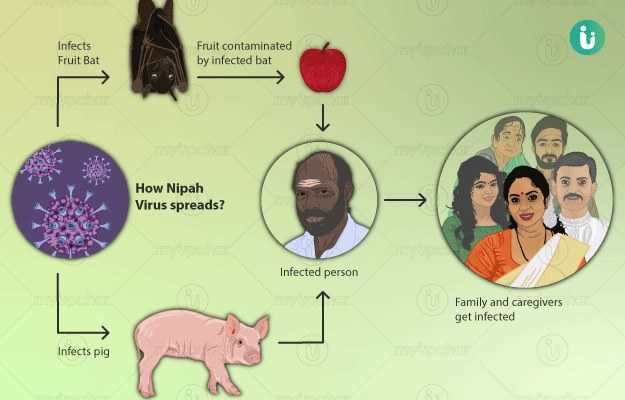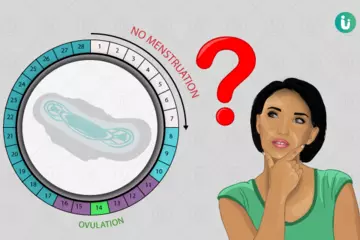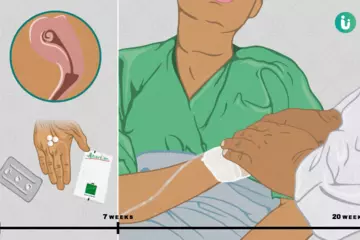What is Nipah virus infection?
Nipah virus infection is a zoonotic disease - that is, it spreads from animals to humans. The primary reservoir for the virus is fruit bats. Though the bats don’t get the disease themselves, they contaminate fruits while eating them. When ingested, these fruits pass the virus onto other animals - usually pigs (who usually get sick), but also horses, sheep, cats and dogs - and eventually to humans through direct contact. The disease can also spread through direct contact with fruit bats, infected people or by consuming contaminated food or water.
Nipah virus belongs to the paramyxoviridae family. It was first identified in 1998 in Kampung Sungai Nipah, Malaysia - hence the name Nipah. In this first-ever outbreak of the disease among people, the virus was transmitted to humans through pigs.
In India and Bangladesh, Nipah virus infection spread through the consumption of fruits or fruit products like date palm sap contaminated by fruit bats. In the 2001 outbreak in India, medical practitioners also observed human to human transmission of the disease.
What are the signs and symptoms of Nipah virus infection?
Nipah infection begins as a flu-like illness within five to 14 days of exposure to the virus. Initial symptoms include fever, headache, muscle ache, nausea and vomiting.
As it develops, the infection manifests in the form of mild to severe respiratory illness and deadly encephalitis (swelling in the brain). In case of encephalitis, the person may feel dizzy, drowsy and disoriented and may go into a coma within 24 to 48 hours. According to the U.S. Centers for Disease Control (CDC), about 40% of hospitalised patients die of the disease and those who survive, suffer long-term consequences in the form of frequent seizures and personality changes.
Relapse of the disease can occur in some cases, leading to delayed onset encephalitis.
What are the risk factors of Nipah virus infection?
Nipah virus affects people of all ages. The Malaysia outbreak was spread through direct contact with pigs. However, in India and Bangladesh, Nipah infection spread through consumption of date palm sap which is one of the most common food sources of fruit bats in that area.
How is Nipah virus diagnosed and treated?
Nipah virus infection is usually diagnosed through patient history and apparent symptoms. Though early diagnosis is usually difficult due to non-specific symptoms. Lab tests like ELISA and PCR are ordered to check for the presence of antibodies to Nipah and viral DNA in the body.
Currently, no treatment is available for Nipah infection. Symptomatic management is done by supportive therapy which includes adequate rest, fluid replacement and administration of antiviral drugs such as ribavirin to control the progression of the disease.
How can Nipah virus be prevented?
No vaccines are currently available against Nipah virus. The only way to prevent the infection is to avoid direct contact with carrier animals - bats - and infected animals. Routine surveillance should be done in the affected areas to look for infected or sick animals. Regular cleaning of pigs farms with disinfectants, quarantine of infected animals and proper disposal of animal carcasses may help keep a tab on the viral population.
Increasing general awareness regarding the causes and mode of transmission of the disease may also be effective in preventing animal to human and human to human transmission.

 Doctors for Nipah Virus Infection
Doctors for Nipah Virus Infection 

















